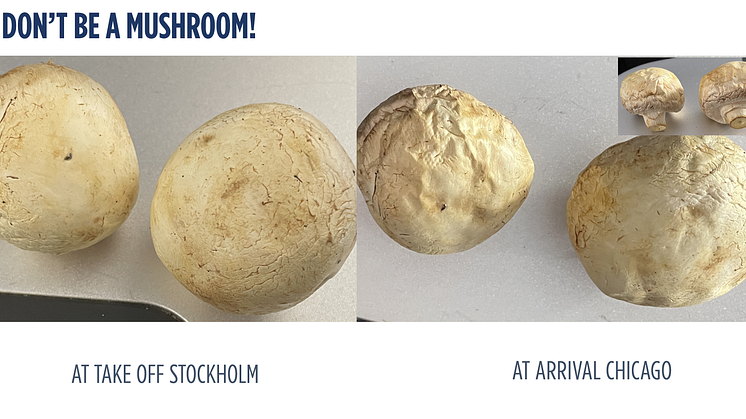
The Flying Mushroom
Two dried out Mushrooms after flying premium cabin from Stockholm to Chicago

Two dried out Mushrooms after flying premium cabin from Stockholm to Chicago
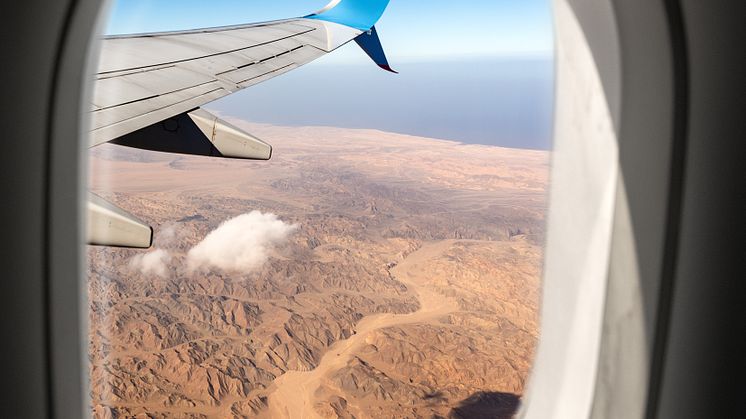
An aircraft cabin is terribly dry. In flight deck it is almost no air humidity at all. In First and Business class, airlines' most premium passengers enjoy leading comfort and best services - but in practice the experience comes with a price - a cabin climate that is more dehydrating than any place on Earth

The Air in an aircraft cabin during flight is extremely dry with the consequence of dehydration and a reduced immune system. This results in increased risk of getting infected by virus or bacteria during and, maybe even more worse, after a flight. With active Humidifiers Onboard the humidity is maintained at healthy levels.
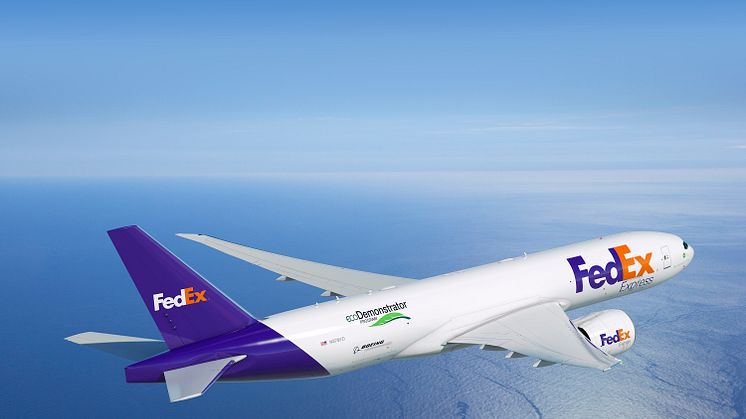
Freighter Aircrafts are extremely dry due to no source of moisture resulting in an extremely dry Flight deck. The cargo flights are often long resulting in human dehydration which can lead to dryness induced fatigue and a reduced immune system.
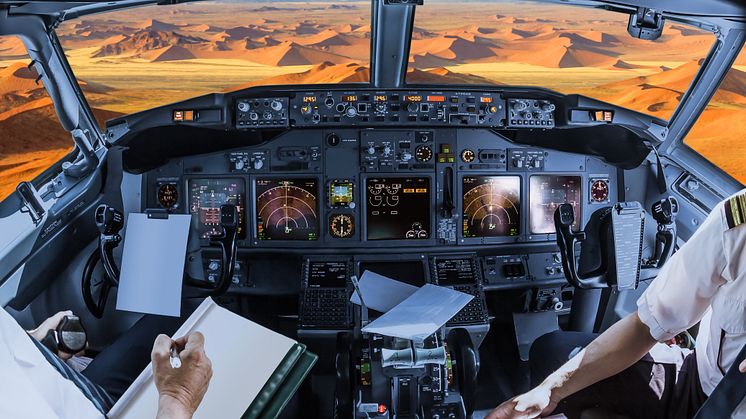
Flight deck Air Quality is important for pilots on long haul flights. CTT has newly developed Humidifier solutions with VOC filters for improved working environment in flight deck.
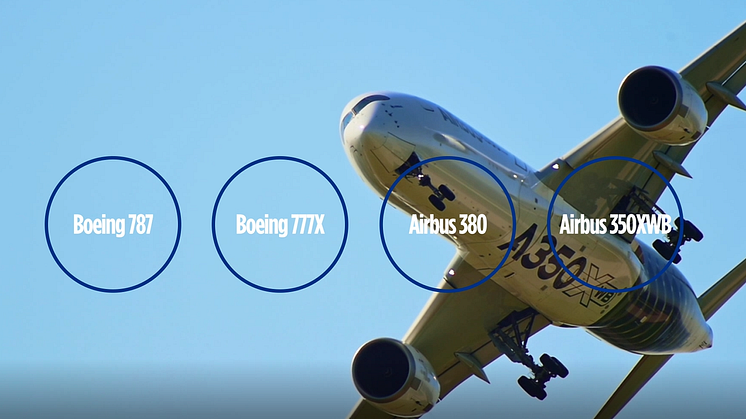
An Aircraft premium cabin is extremely dry. This film explain the reason and rationale behind it, the consequences and how to solve it and create a comfortable cabin air environment.

Extremely dry cabin air dehydrates and degenerates functionality of our immune system. But this is easy to cure. Humidifier Onboard elevates climate back to the wellness zone
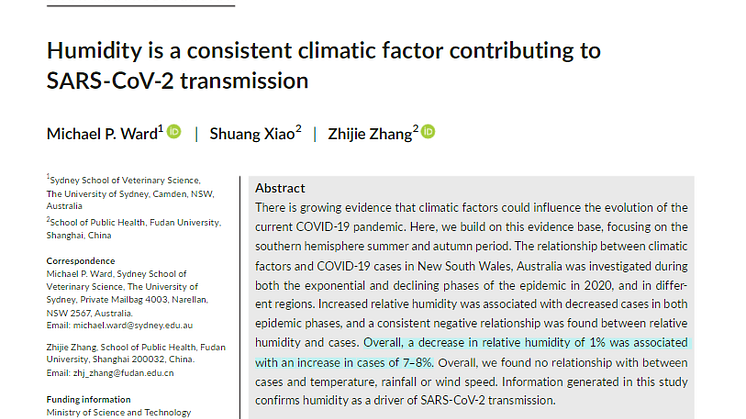
Abstract
There is growing evidence that climatic factors could influence the evolution of the
current COVID-19 pandemic. Here, we build on this evidence base, focusing on the
southern hemisphere summer and autumn period. The relationship between climatic
factors and COVID-19 cases in New South Wales, Australia was investigated during
both the exponential and declining phases of the

Flight deck is the most dry section in an aircraft with almost no (read: close to zero) moisture content in the air. It is in fact World’s most dehydrating working environment.
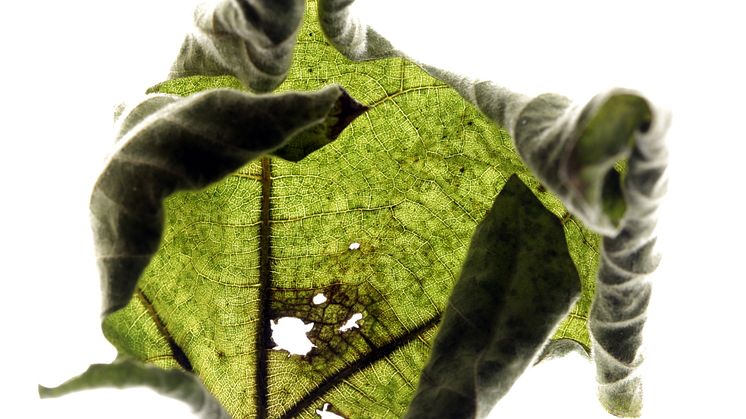
“Dry air doesn’t help our sense of smell, either. Typically, odorants are transported to olfactory receptors in the nose via the mucus lining. When the nasal cavity is dried out, the efficiency at which odorants are detected by the brain is reduced. When you lose the olfactory component,” explains Finger, “you lose much of the flavor component of food.”
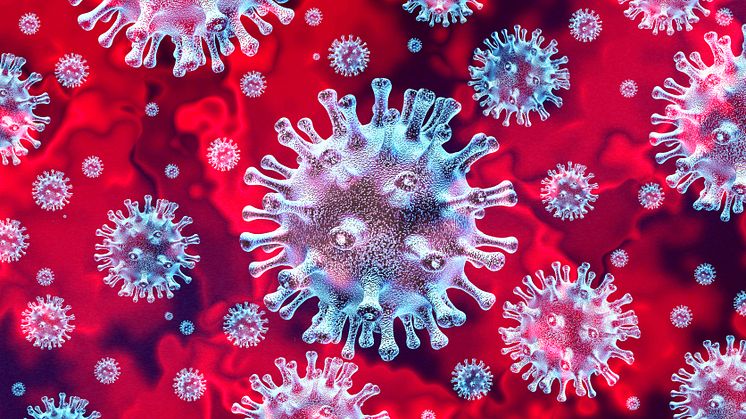
Extremely dry cabin air dehydrates and degenerates functionality of our immune system. But this is easy to cure. Humidifier Onboard elevates climate back to the wellness zone